Chapped lips are a symptom that indicates dry lip skin. Dry lip skin can crack and hurt, so chapped lips cause discomfort. It also affects the aesthetic appearance of the face. The lips have a three-layered structure. The outer layer is the redness of the lips, the muscles are below, and the mucous membrane is at the very bottom.
A temporary loss or deficiency of moisturizing ingredients in the epidermis characterizes dehydration of the skin and mucous membranes. The lips are highly innervated, so subtle signals from the outside can affect their condition. Chapped lips are a common problem that depends mainly on environmental factors but can also indicate dehydration. If you want your lips always to look nice and moisturized, find the best ways to treat chapped lips.
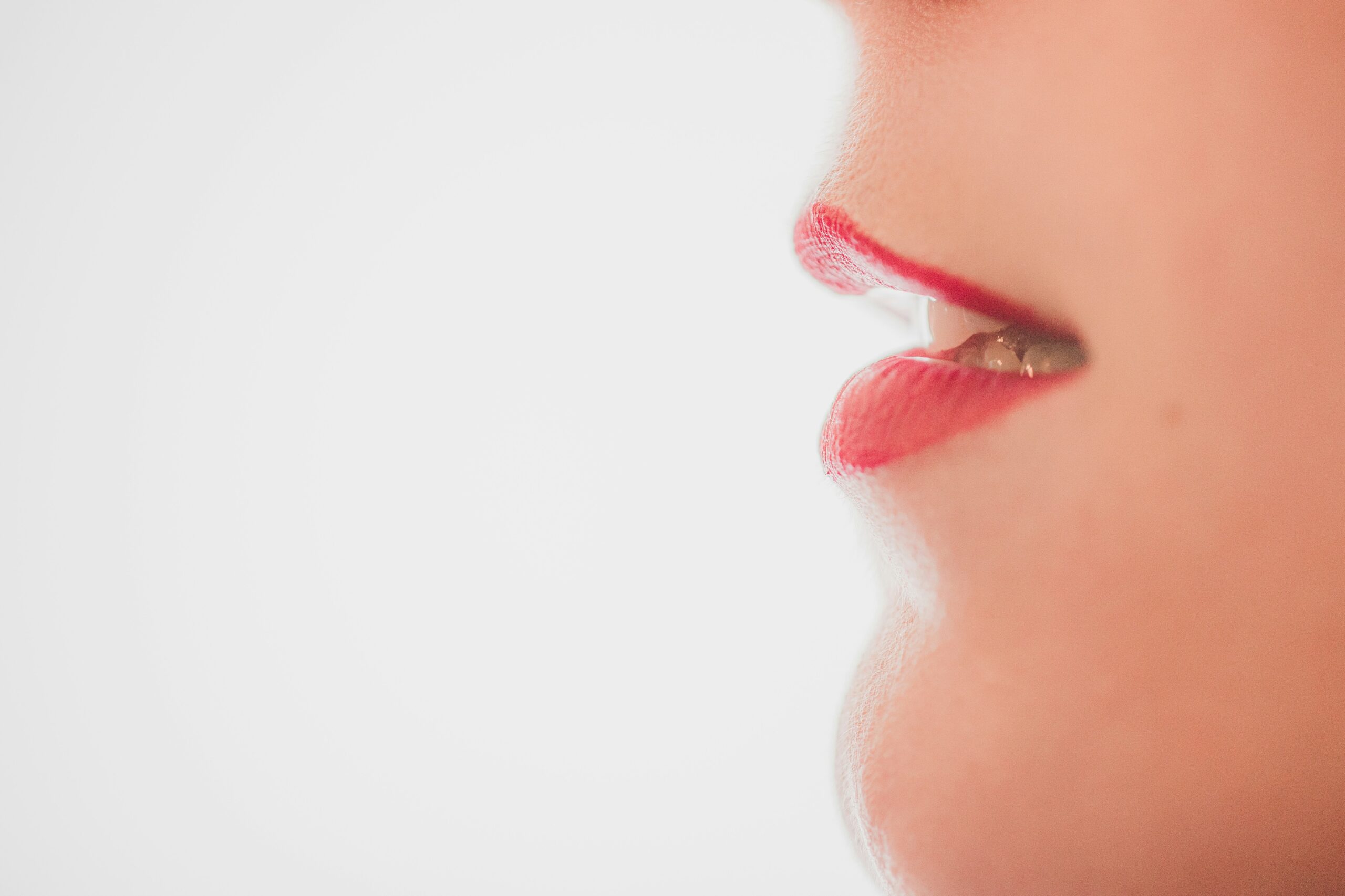
Skin and mouth mucous membranes often become very dry. It causes the problem of chapped lips. The lips have a specific anatomical structure that exposes them to factors that cause dryness. The red part of the lips consists mainly of abraded skin devoid of sweat and sebaceous glands![]() . The glands, located in different parts of the skin, are responsible for adequate hydration. Their absence means that the lips need to be moisturized more often, which results in people having a natural habit of licking their lips. Sometimes, however, it is not enough, especially when the lips are exposed to different drying factors. These belong to:
. The glands, located in different parts of the skin, are responsible for adequate hydration. Their absence means that the lips need to be moisturized more often, which results in people having a natural habit of licking their lips. Sometimes, however, it is not enough, especially when the lips are exposed to different drying factors. These belong to:

Most mainly, the skin condition of the lips is affected by the air. When the air is dry, i.e., has a low moisture percentage, the lips are more prone to chapping. Humidity![]() , one of the environmental factors, affects our health and well-being. Dry air is the source of many ailments. Most of all, it causes a feeling of dryness in the mouth and nose, dries out the mucous membranes of the respiratory system, and also affects dry eyes.
, one of the environmental factors, affects our health and well-being. Dry air is the source of many ailments. Most of all, it causes a feeling of dryness in the mouth and nose, dries out the mucous membranes of the respiratory system, and also affects dry eyes.
As the body defends itself against water loss, it draws water from the skin and mucous membranes, which results in dryness. In addition, dry air promotes the spreading of bacteria and pollutants. Therefore, it is a good idea to ensure that the air at home or work has the proper humidity, which is helped by air humidifiers. The air humidity in the house can be measured using special devices.
Dry skin and mucous membranes are affected not only by humidity but also by air temperature. High temperatures, which often contribute to dry air, are not beneficial, so staying in artificially heated rooms can result in dryness. However, frost, and low temperatures are also unfavorable. In cold temperatures, sebum production is significantly reduced, which can disrupt the natural regulation of oil and moisture.
It affects the overall condition of the skin. In addition, the rapid change in temperatures causes irritation and bursting of blood vessels. Therefore, we should pay special attention to proper face and body care in winter to prevent skin dryness. The discomfort felt by the skin is also because, during winter, the humidity level in the air decreases.
Dry skin is mainly affected by atmospheric conditions such as frost, low humidity, and wind. The wind additionally intensifies the adverse effects of low temperatures. It causes the skin to freeze, making it redder and more susceptible to drying out. It is essential to protect the face before going out each time.
It also applies to nice and sunny weather, as the skin on the lips can become dry due to too much exposure to the sun. The sun dries out the skin and makes it thicker. It means that skin exposed to the sun is thirsty for water. It needs to be moisturized and deeply nourished. In addition, intense and prolonged sunbathing dries out the skin, accelerates skin aging, and increases the risk of skin cancer.

The water that is found in the skin performs many roles that are very important in keeping our epidermis in good condition. When the body lacks water, what we call dehydration, symptoms of dry skin can occur. Dehydrated skin is less elastic and prone to irritation.
With a slight water shortage, patients may experience increased thirst and general weakness. Therefore, to keep the skin of the lips nice, it is also necessary to take care of diet and adequate hydration. If dehydration is observed, it is essential to replenish fluid and electrolyte deficiencies. Drinking water will have a positive effect on the quality of the skin. It is crucial in high temperatures and dry air.
Staying hydrated and providing the body with essential vitamins and minerals is part of a healthy diet. Lip condition is mainly influenced by B vitamins![]() and vitamins A, C, or E
and vitamins A, C, or E![]() . Vitamin B7 reduces swelling under the eyes and increases skin hydration. Vitamin B9 is responsible for cell proliferation and regulates the epidermis's peeling. In addition, Vitamin B12 smooths the skin.
. Vitamin B7 reduces swelling under the eyes and increases skin hydration. Vitamin B9 is responsible for cell proliferation and regulates the epidermis's peeling. In addition, Vitamin B12 smooths the skin.
Vitamins A and E are also essential for the health of the dermis and skin cells. Vitamin C influences the skin's elasticity, improving its condition and health. Therefore, a lack of vitamins in the diet can result in worsening skin conditions and greater exposure to the symptoms of chapped lips.
Chapped lips are usually a harmless symptom caused by inadequate moisturization. However, in some cases, the cause may be an illness. The diseases also make the skin more prone to dehydration. Such diseases include, among others, diabetes![]() . Excess glucose in the blood causes inadequate nutrition of this organ, which results in specific degeneration. In people with diabetes, the skin becomes dry and rough, and they are more prone to irritation.
. Excess glucose in the blood causes inadequate nutrition of this organ, which results in specific degeneration. In people with diabetes, the skin becomes dry and rough, and they are more prone to irritation.
Hormonal disorders can also cause dry skin on the lips. For example, a deficiency of thyroid hormones causes the epidermis to become excessively dry, giving the skin a yellowish color. Also, for skin diseases, the risk of dryness is higher. Contact dermatitis causes the skin to dry out and damage the epidermis when it comes into contact with a concentrated irritant.
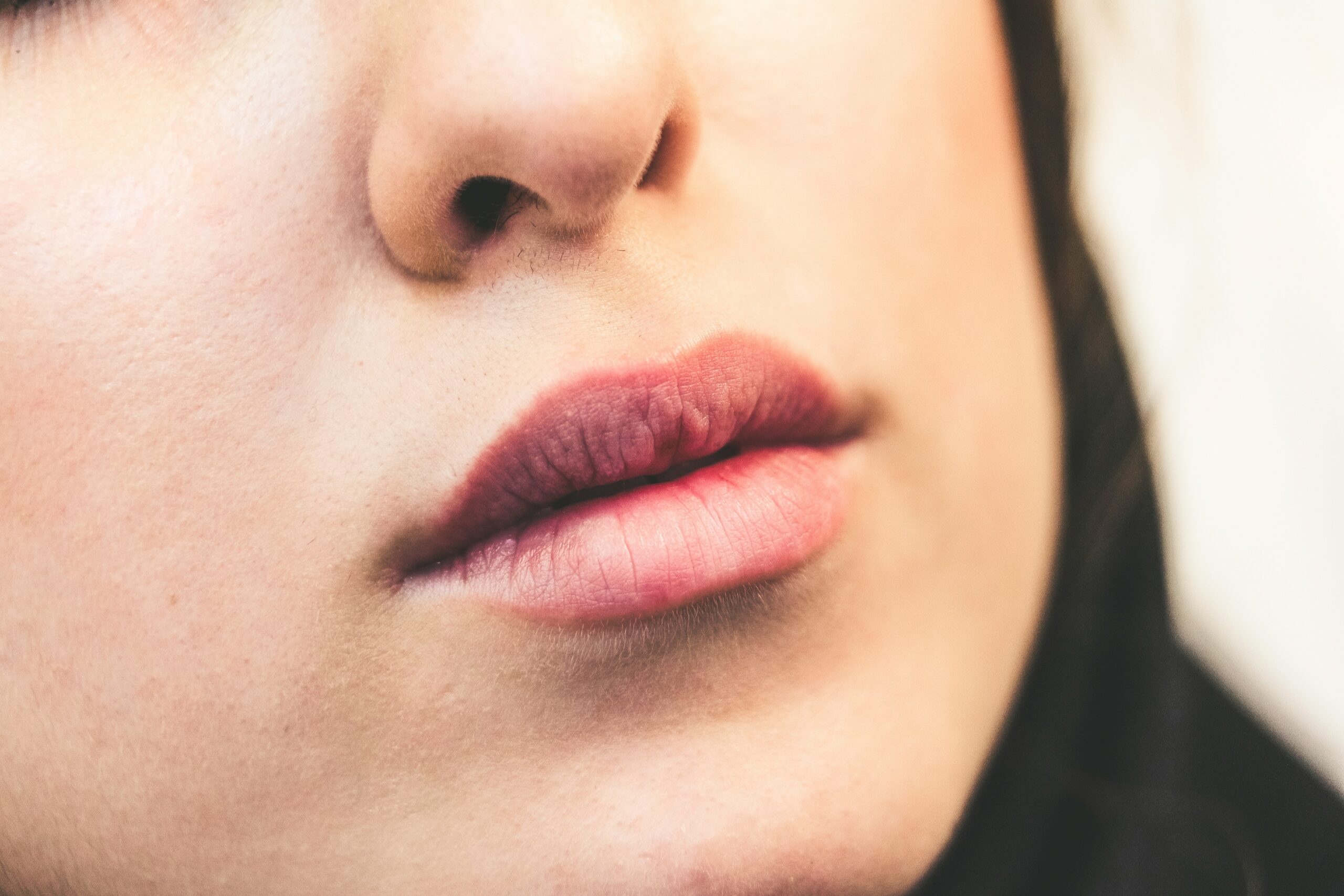
Dry, chapped lips can be dealt with. All you need to do is ensure that your skin and body are adequately moisturized. There are several ways you can get rid of chapped lips. Follow the advice regularly, and you may be able to say goodbye to this problem forever.
The skin on the red part of the lips is fragile and does not contain glands, meaning it does not moisturize itself. Therefore, you have to take care of it. Using protective and moisturizing lipsticks is the best way to do it. It works topically and quickly. Good cosmetics are the most effective way of caring for chapped lips. You can buy lipstick at the pharmacy or drugstore, which is not an expensive expense. It is worth paying attention to the composition of the lipstick.
The most desirable ingredients are natural oils. If you have sensitive skin, choose cosmetics that do not irritate it. Apply lipstick several times a day, including always before going out. However, applying a thicker layer of cosmetic product at night is advisable to ensure intensive lip regeneration. The oils contained in the lipsticks are highly lubricating and nourishing, softening, regenerating, and leaving a protective layer on the lips.
If you don't like using lipsticks, you can use a natural and sweet way to moisturize your lips. It is suitable for applying honey to your lips straight from the jar to soothe damaged lip skin. Honey, thanks to its high content of sugars, fatty acids, vitamins, and mineral salts, regenerates and moisturizes the lips while also having an anti-inflammatory and antibacterial effect.
Honey is a thick and quite dense balm, so it should be applied to the lips in a thin layer. Honey can also be used as an overnight recovery mask to spread honey on your lips more thickly. However, you must watch out for the habit of licking lips covered in honey, as the moisturizing effects will be best if the honey covers the lip layer for several hours.
In addition to moisturizing the lips with lipstick, scrubs are also worth using. Peeling is a beauty treatment that removes dead skin cells through exfoliation, improving skin elasticity. For this goal, ready-to-use exfoliating preparations work well. You can also prepare a lip scrub using sugar and natural oils. Make sure not to exaggerate the intensity of the exfoliation, as this can irritate the skin. After exfoliating your lips, you should moisturize your skin to regenerate it. You should also do the peeling sparingly. Exfoliation should be done 1-2 times a week.
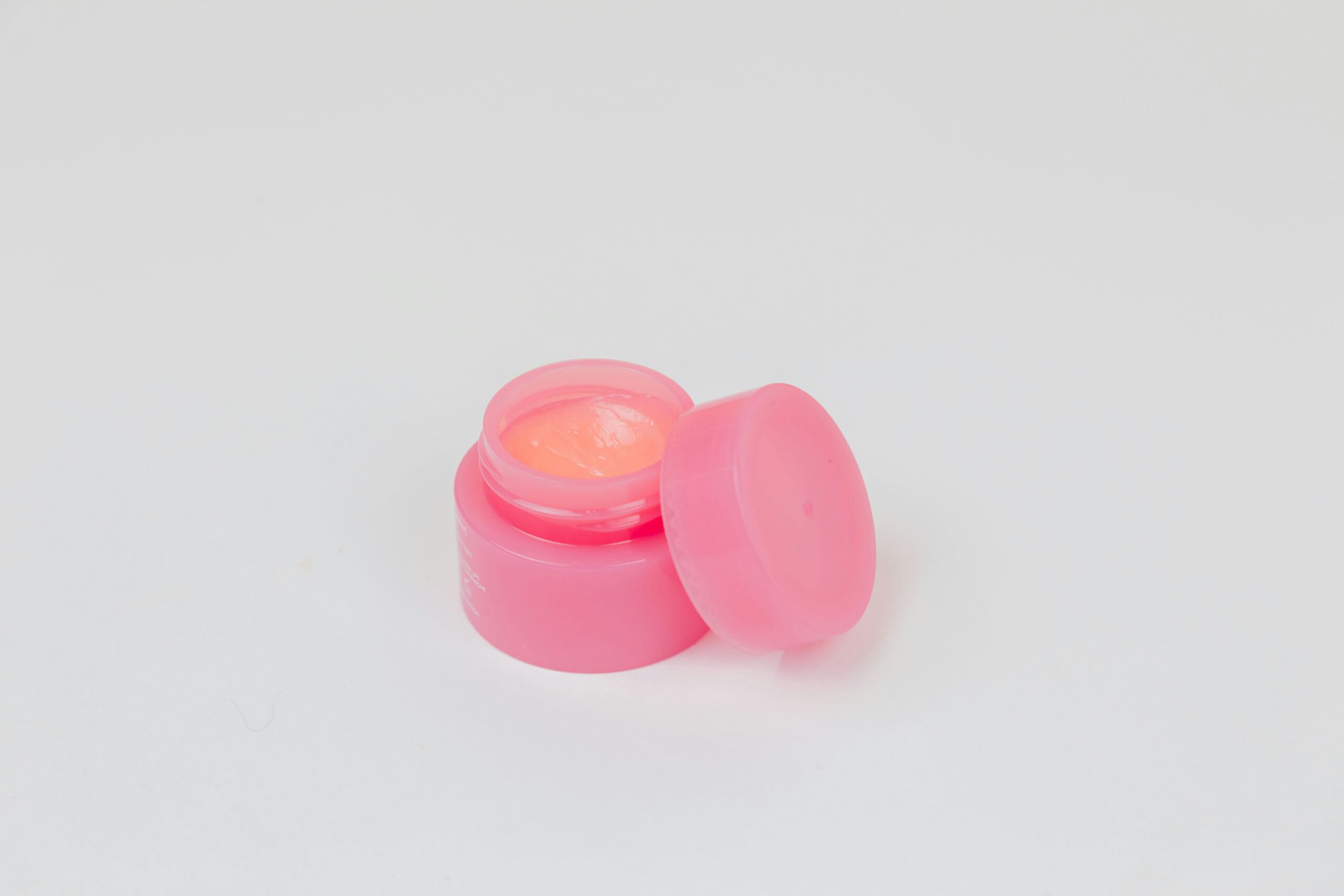
Lips get chapped, especially in cold weather, but lip skin should also be protected from the sun. UV filters are an effective way to protect the skin from the sun's harmful rays. They prevent burning, premature aging, and signs of photo-aging and reduce the risk of skin cancer. That is why applying sunscreen creams to the body and face is worth using, not omitting the mouth area.
Lips should be especially protected from the sun, as they do not contain melanin, the skin's natural defense against solar radiation. Hence, the lips do not get tanned but instead get burnt quickly. It is best to use well-absorbed balms with the right type of filter. An SPF 50 filter provides the highest protection against UVB radiation, which is responsible for sunburn.
Perhaps the leading cause of your chapped lips is staying in rooms with dry air for too long. If you suspect this, try the air humidity at home or work. A professional measuring tool, a hygrometer or humidistat, determines the correct humidity level.
If the moisture is less than 40%![]() , it means low humidity and dry air, which dries out your skin. Then, it is best to take care of proper humidification and what air humidifiers are good for. There are various types of humidifiers available on the market. A quick way to humidify the air is to place a pot of boiling water in the room. The steam escaping from the pot fills the room and humidifies the air.
, it means low humidity and dry air, which dries out your skin. Then, it is best to take care of proper humidification and what air humidifiers are good for. There are various types of humidifiers available on the market. A quick way to humidify the air is to place a pot of boiling water in the room. The steam escaping from the pot fills the room and humidifies the air.
Dehydration can be another cause of chapped lips. If you suspect this, ensuring that you are properly hydrated is essential, as it will positively affect your body's overall condition. The human body loses water daily and needs to replenish it regularly. If you are not in the habit of doing this, you can quickly end up with mild dehydration.
The water required varies according to gender, age, and weather conditions. Remember to hydrate, especially during physical activity. If you are not in the habit of drinking water, eat more vegetables and fruits that have a high water content. These belong to cucumbers and watermelons. They are healthy, refreshing, and replenish fluid deficiencies in the body.
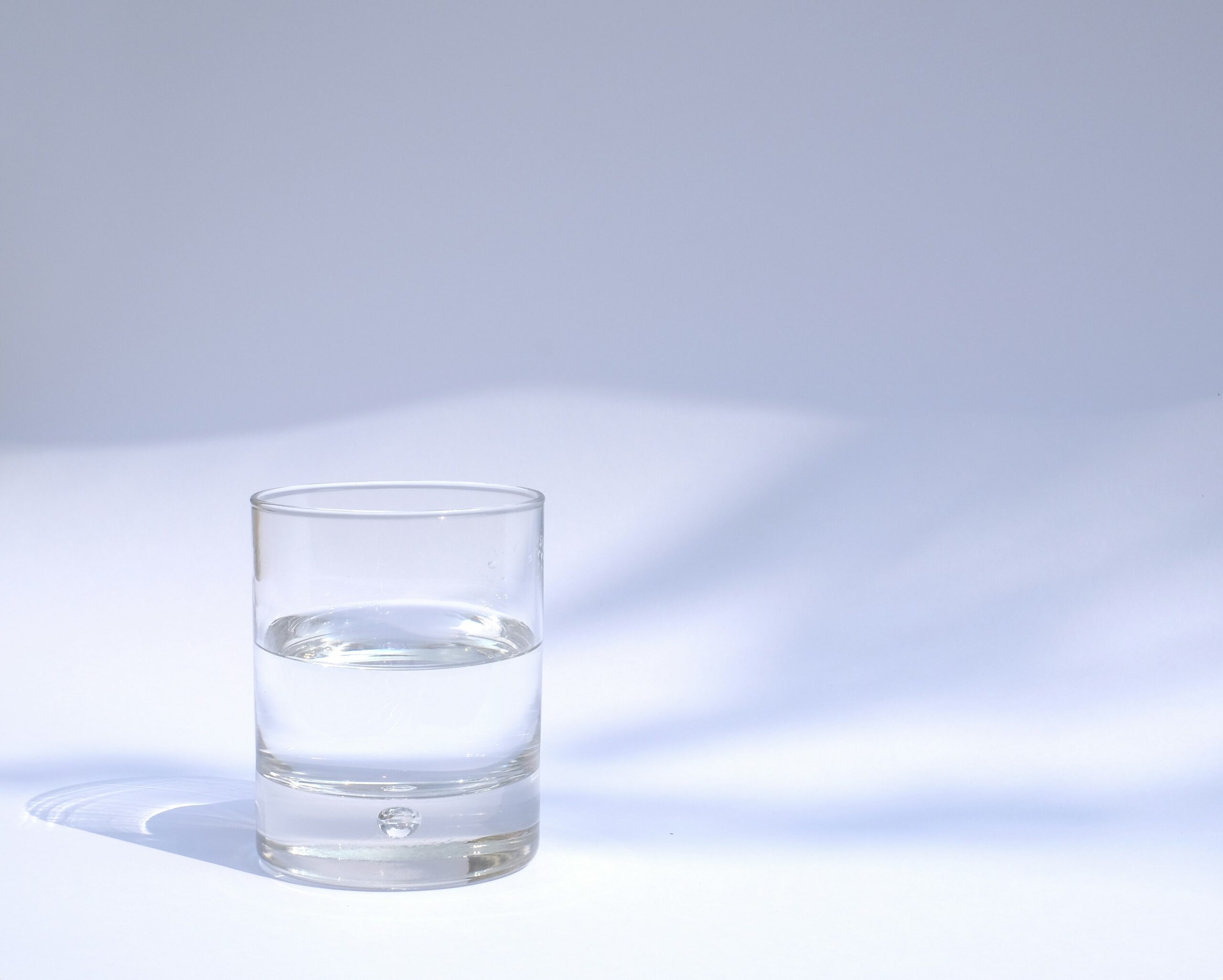
In addition to hydration, a healthy diet rich in vitamins is also essential. Vitamin deficiencies mainly affect the condition of the skin, hair, and mental state. Help your body to regenerate and ensure a healthy diet. You will find vitamins in fruit and vegetables and meat, eggs, dairy, and cereal products. Make sure it's a varied but tasty diet. Ensure products rich in vitamin B are included in your daily diet, as our body cannot store it. Also, avoid products that negatively affect vitamin levels. Vitamin levels are adversely affected by stress, large amounts of coffee, and alcohol.
It is worth seeing a doctor if you have been struggling with chapped lips for a long time and no way is helping. A proper diagnosis will pinpoint the cause of your chapped lips, which may sometimes be more serious. It is essential when symptoms include non-healing cracks, bleeding, pain, and irritation, in addition to chapped lips. A visit to a dermatologist![]() may then be necessary.
may then be necessary.
A dermatologist treats, diagnoses, and prevents skin, hair, and nail diseases. Doctors in this field also deal with certain systemic conditions whose symptoms manifest on the skin. This is why you can get a reliable diagnosis at a dermatology clinic. Chapped lips can indicate various skin diseases or bacterial inflammations. The occurrence of the disease requires specialized treatment, often using pharmacotherapy.
Chapped lips are an ailment that can occur in each individual. It is a mild and generally safe symptom that indicates skin dryness in the lip area. Lips are very susceptible to dryness and dehydration due to their specific structure. Usually, dryness occurs due to poor weather conditions or a poor diet. However, it is always worth looking into the causes, as the skin becomes dry more quickly in certain diseases. The disease can then be the leading cause of chapped lips. There are many ways to deal with chapped lip skin, and home remedies can quickly eliminate the symptoms. Sometimes, ensuring a healthy lifestyle or adequately moisturizing the air at home or the workplace may be necessary.
Table of Contents
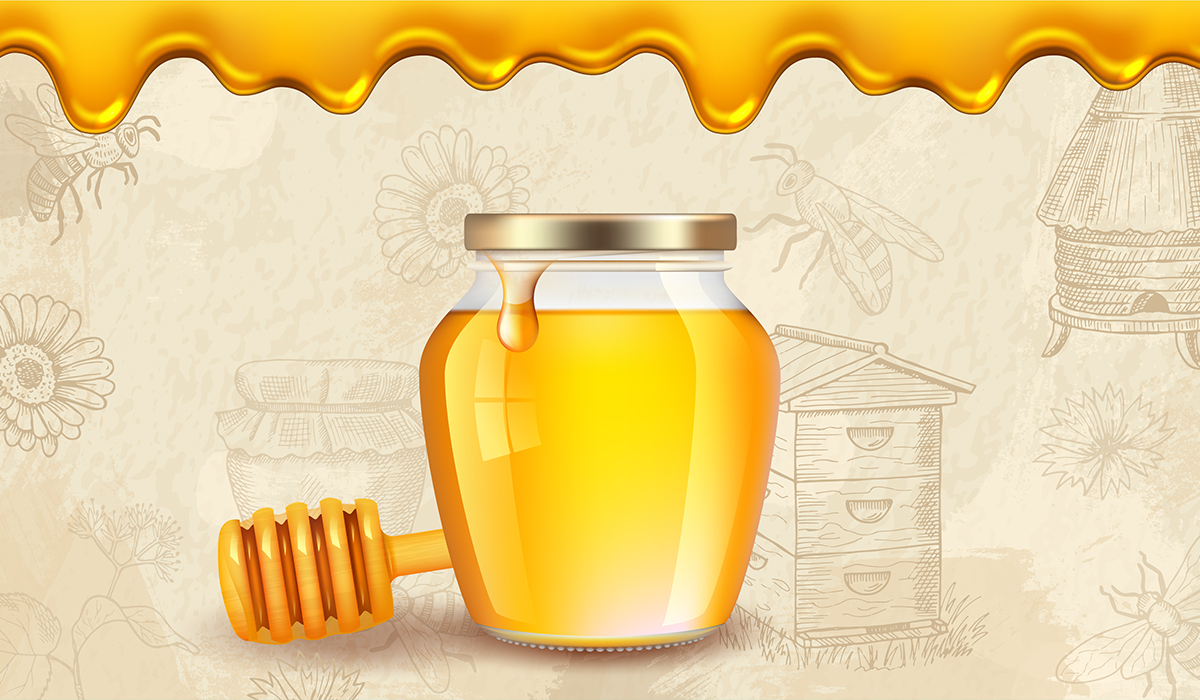
Honey not only delights with its sweet taste, but also has many health properties. Learn about the benefits of eating… read more »
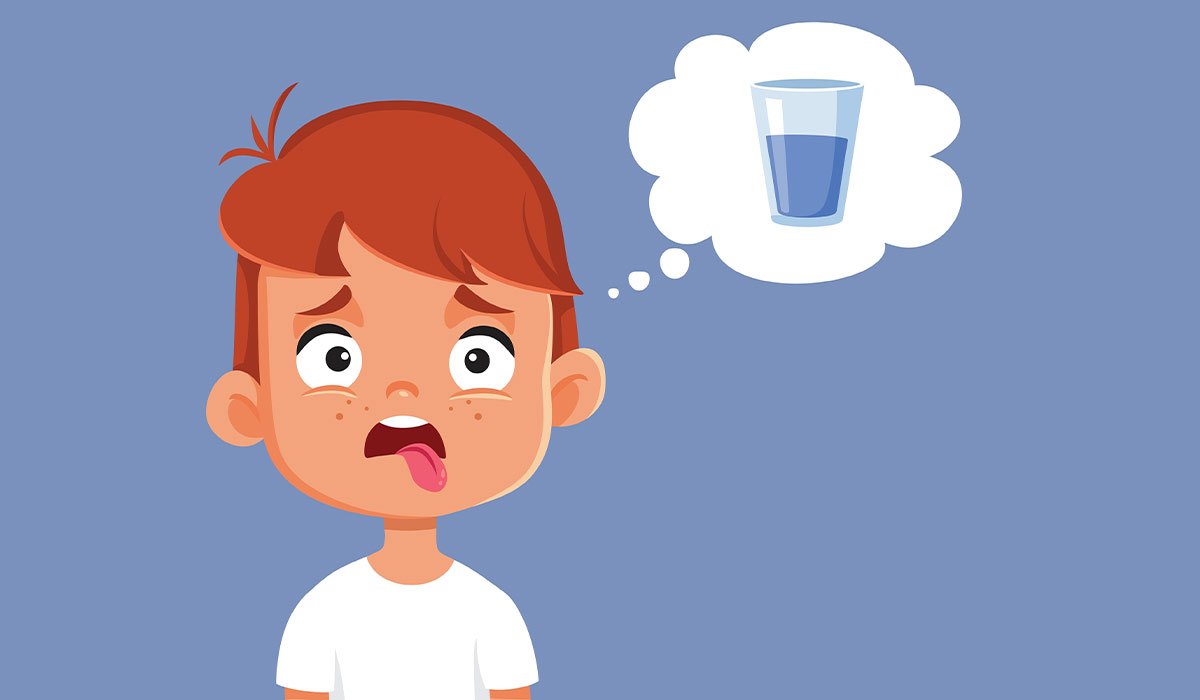
Dehydration can cause many negative health effects. It is a common problem in children and seniors. Learn how to recognize… read more »
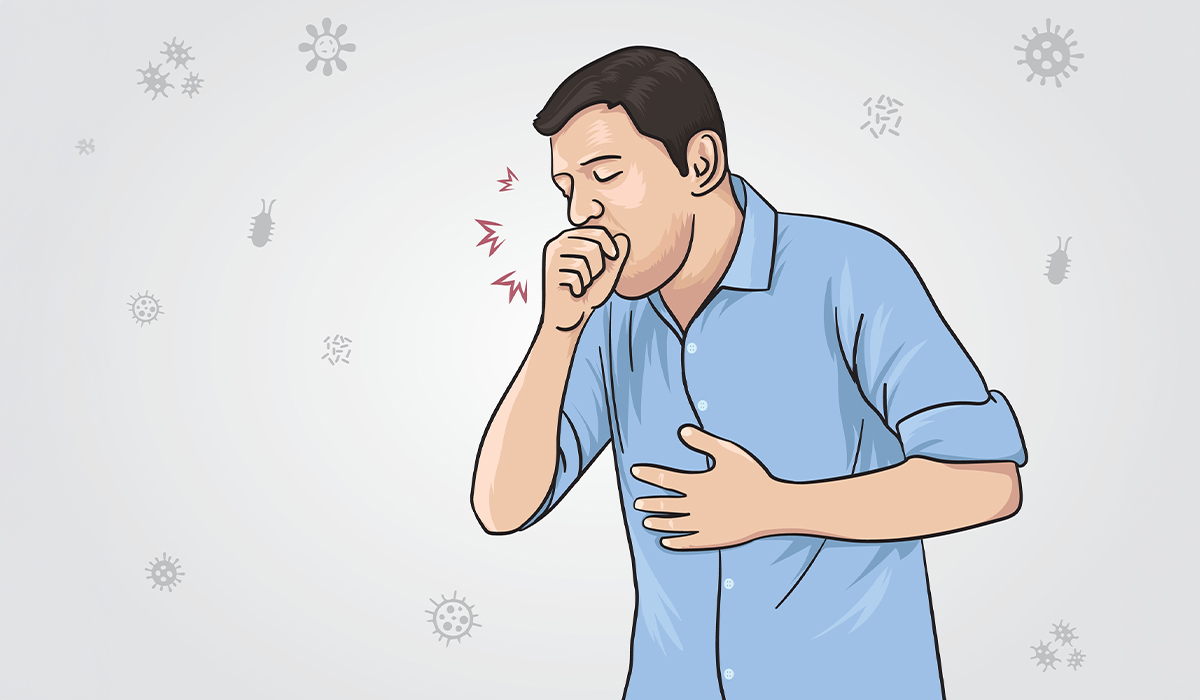
A dry cough is a situation in which the cough does not produce any secretions. What is it a symptom… read more »
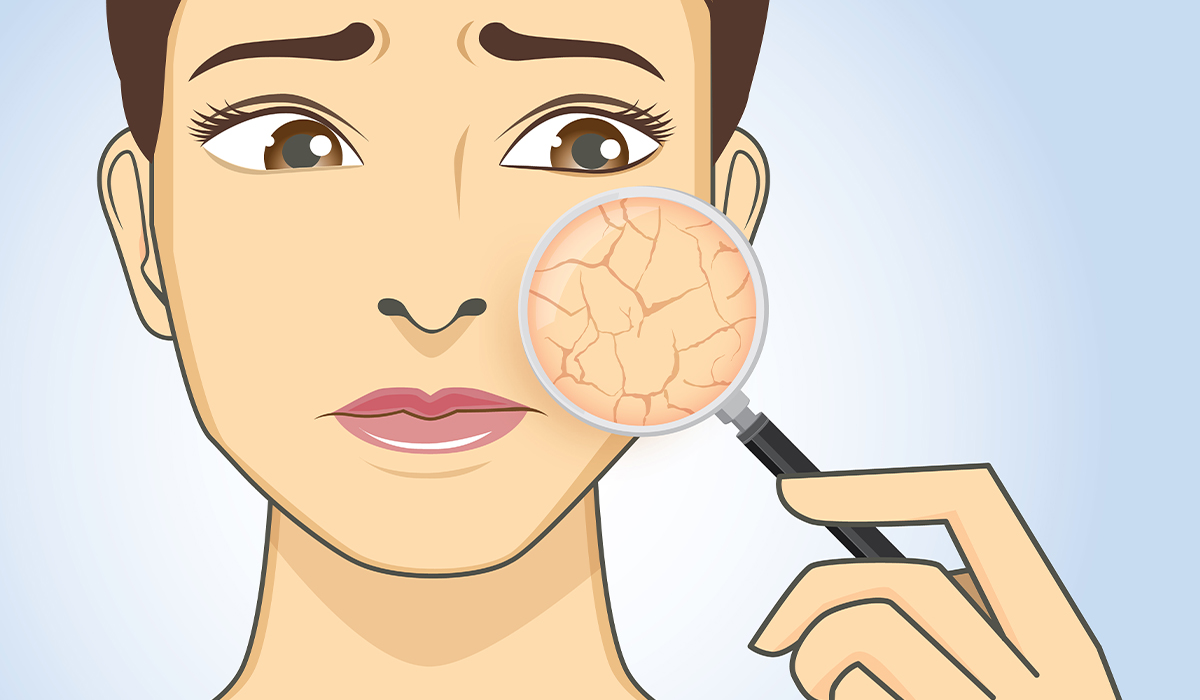
Dry skin is a bothersome problem that can affect everybody. Find out what dries out your skin. Learn about moisturising… read more »
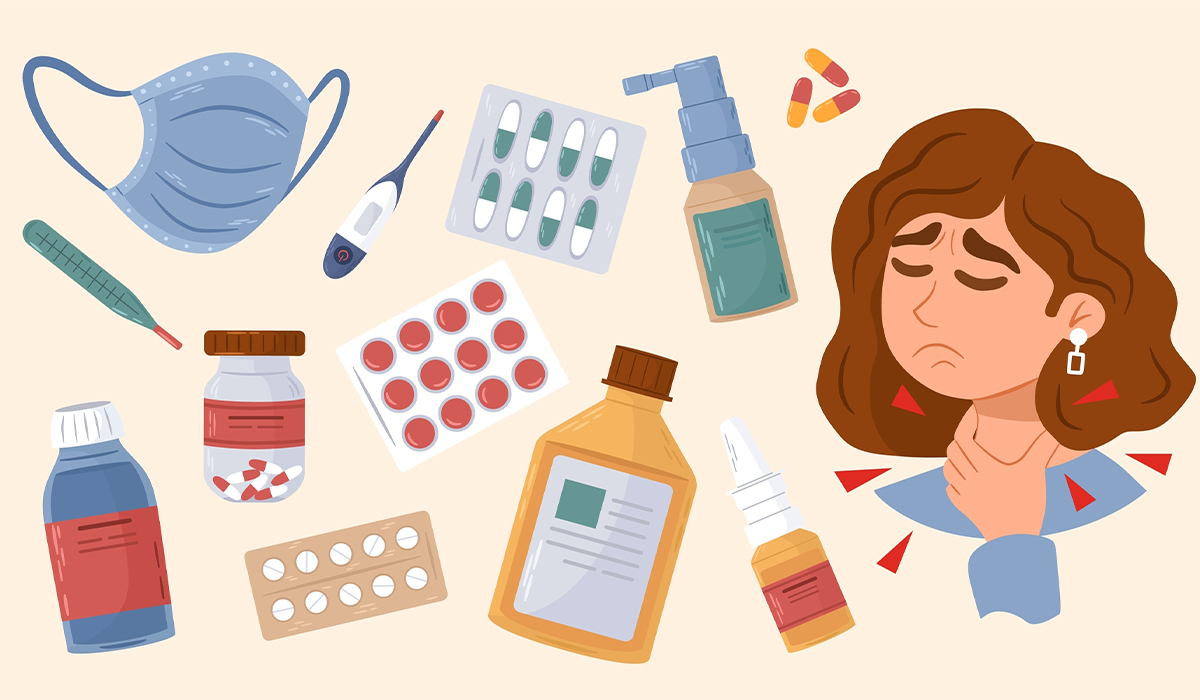
Discover Sore Throat Remedies for quick and effective pain relief. Many herbs and foods have healing properties. Learn how to… read more »
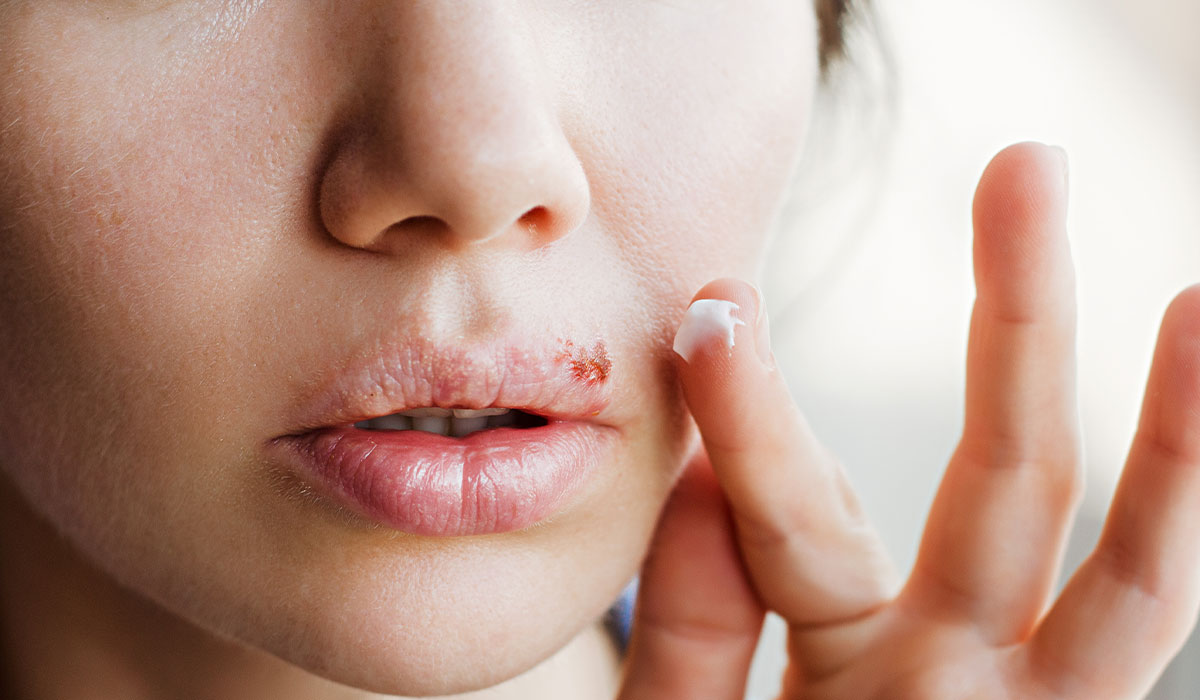
Cold sores are a common viral infection that usually affects lips skin around the mouth, chin, or nose. They are tiny… read more »
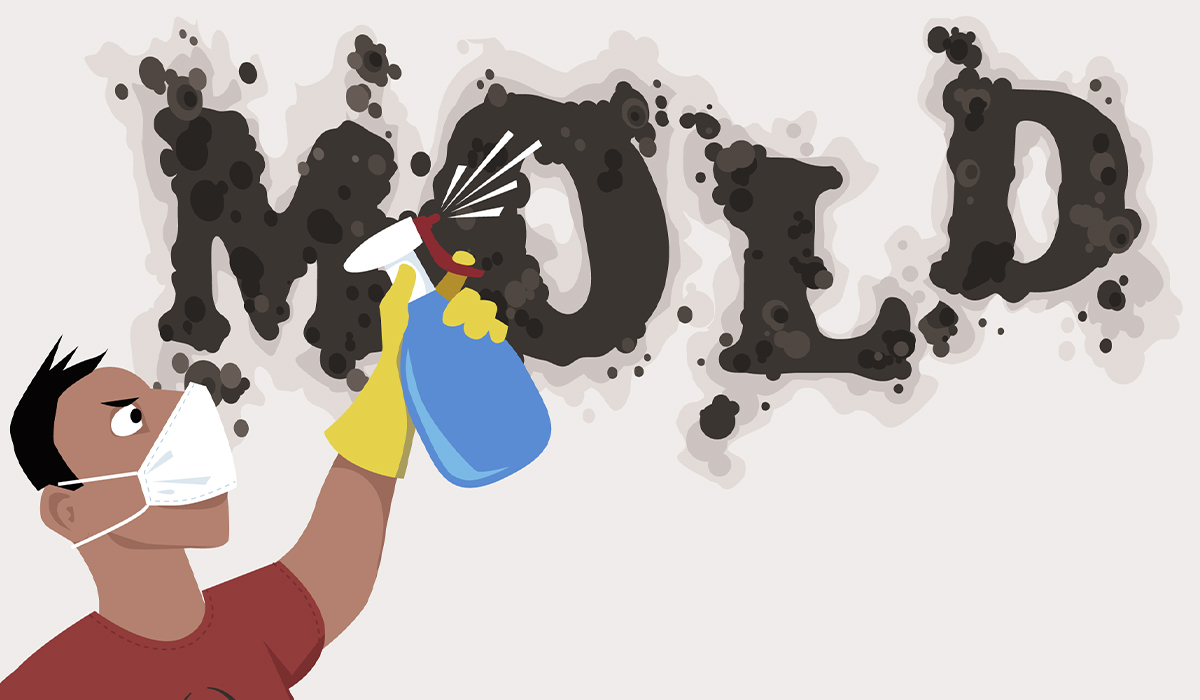
Black mold is a type of fungus that thrives in damp and humid environments. Is it dangerous for health? read more »
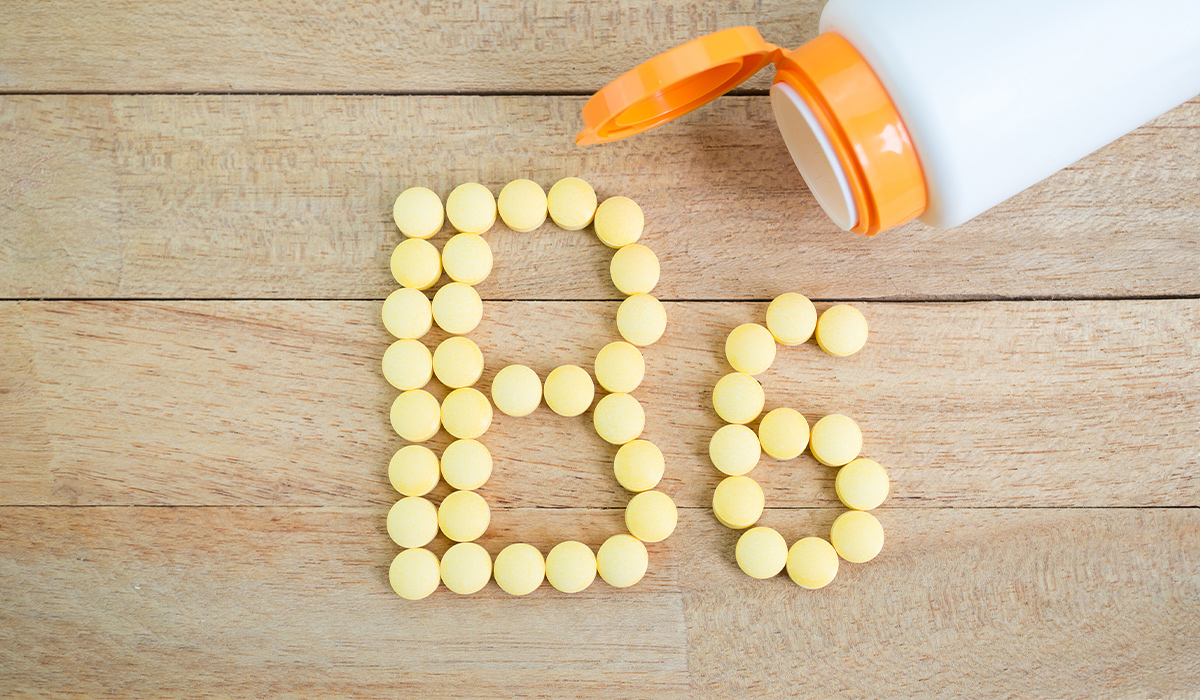
Body needs vitamin B6 for correct functioning. Check out, where you can find this vitamin. What are the signs of… read more »
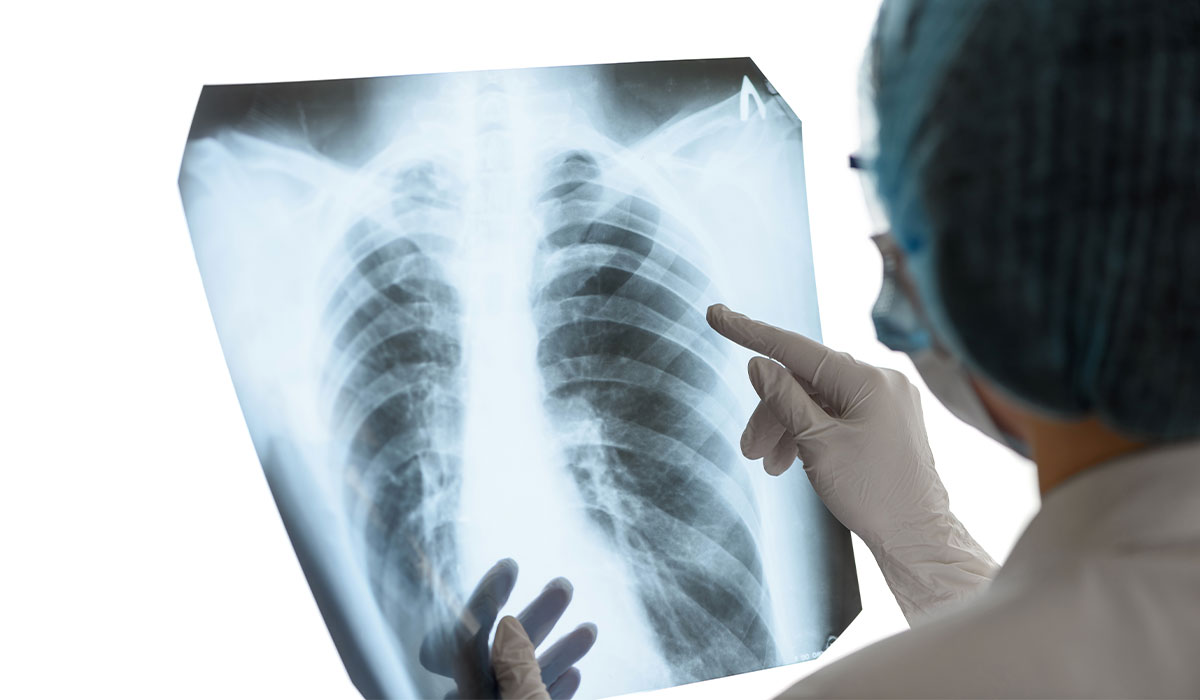
Pneumothorax is a condition that develops as a result of air entering the pleural cavity. What are the causes and… read more »